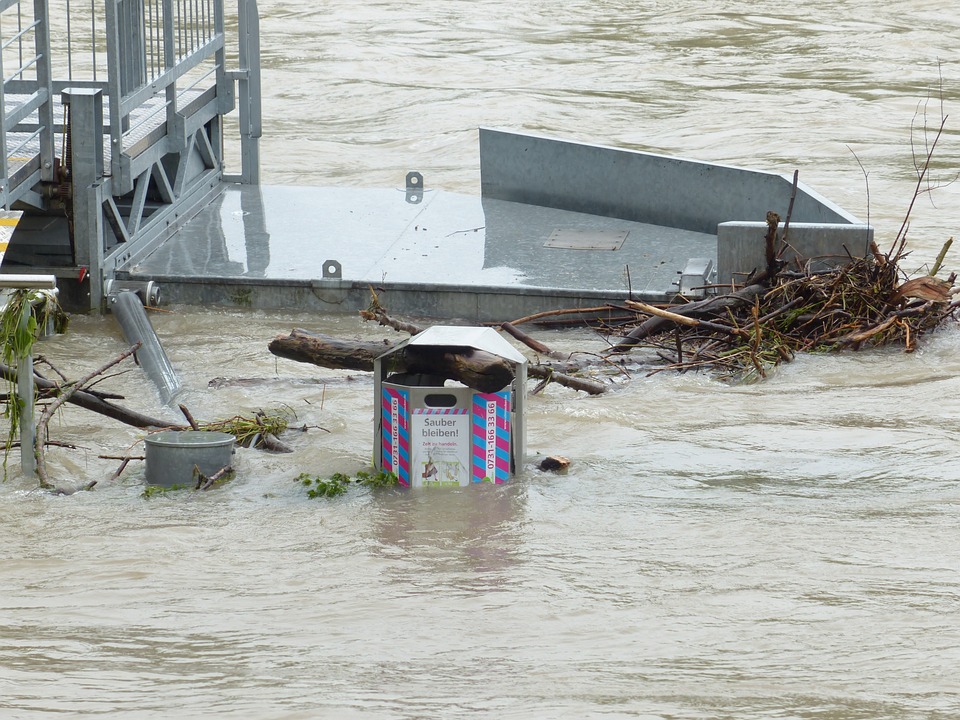Will Global Warming Cause Extinction?
#
Introduction
Global warming is a pressing environmental issue characterized by the long-term rise in Earth’s average surface temperature due to human activities, primarily the burning of fossil fuels. This phenomenon has significant implications for ecosystems and biodiversity. Extinction, the permanent loss of species, has occurred throughout Earth’s history, often accelerated by environmental changes. Understanding the relationship between global warming and extinction is crucial for addressing future ecological challenges.
#
Section 1: Understanding Global Warming
- Definition: Global warming refers to the increase in Earth’s average temperature due to greenhouse gas emissions.
- Primary Causes: The main contributors include:
- Fossil fuel combustion (coal, oil, natural gas)
- Deforestation
- Industrial processes
- Greenhouse Effect: This natural process involves gases in the atmosphere trapping heat from the sun, which keeps the planet warm. However, human activities have intensified this effect, leading to climate change.
#
Section 2: The Link Between Global Warming and Extinction
- Threats to Biodiversity: Rising temperatures disrupt habitats and ecosystems, leading to:
- Habitat loss due to changing climates
- Altered ecosystems that can no longer support certain species
- Species migration as animals seek suitable environments
#
Section 3: Species at Risk of Extinction
- Vulnerable Species:
- Polar Bears: Dependent on sea ice for hunting; melting ice threatens their survival.
- Coral Reefs: Marine species face bleaching due to rising ocean temperatures and acidification.
- Other endangered species include amphibians and certain bird species that cannot adapt quickly enough to changing climates.
- Documented Extinctions: Several species have already gone extinct due to climate change impacts, highlighting the urgent need for conservation efforts.
#
Section 4: Ecosystem Impacts of Extinction
- Disruption of Ecosystems: The loss of species can lead to:
- Imbalances in food chains
- Loss of ecosystem services (e.g., pollination, water purification)
- Biodiversity’s Role: Biodiversity is essential for maintaining ecological balance; its loss can have cascading effects on entire ecosystems.
#
Section 5: Future Projections and Scenarios
- Predictions on Extinction Rates: Scientific studies suggest that if current trends continue, extinction rates could rise significantly, with many species unable to adapt or migrate fast enough.
- Tipping Points: Ecosystems may reach critical thresholds beyond which recovery becomes impossible, leading to irreversible changes.
#
Section 6: Mitigation and Conservation Strategies
- Global Efforts: Initiatives like the Paris Agreement aim to limit global warming and protect biodiversity through coordinated international action.
- Conservation Strategies:
- Habitat conservation and restoration
- Establishing protected areas to safeguard vulnerable species
- Community engagement in conservation efforts
- Policy and Individual Action: Effective policy frameworks and grassroots movements are essential for addressing climate change and its impacts on biodiversity.
#
FAQs
1. How does global warming directly contribute to species extinction?
2. What are some species that have already gone extinct due to climate change?
3. How do changes in climate affect ecosystems and food webs?
4. What role does biodiversity play in ecosystem health?
5. How can conservation efforts help mitigate the effects of global warming?
6. What actions can individuals take to help combat climate change?
7. Are there any success stories in preventing species extinction related to climate change?
#
Conclusion
In summary, global warming poses a significant threat to biodiversity and increases the risk of extinction for numerous species. Addressing this urgent issue requires a multifaceted approach involving mitigation strategies, conservation efforts, and individual actions. Protecting our planet’s diverse ecosystems is essential not only for current generations but also for ensuring a sustainable future for all living organisms.

Kyle Whyte is a notable scholar and professor at the University of Michigan, holding positions such as the George Willis Pack Professor in the School for Environment and Sustainability and Professor of Philosophy. Specializing in environmental justice, his work critically examines climate policy and Indigenous peoples’ ethics, emphasizing the nexus between cooperative scientific endeavors and Indigenous justice. As an enrolled Citizen Potawatomi Nation member, he brings a vital perspective to his roles as a U.S. Science Envoy and member of the White House Environmental Justice Advisory Council. His influential research is supported by various prestigious organizations including the National Science Foundation, and disseminated through publications in high-impact journals. Kyle actively contributes to global Indigenous research methodologies and education, with affiliations to numerous institutes and societies dedicated to traditional knowledge and sustainability. Recognized for his academic and community engagement, Kyle has earned multiple awards and served in various visiting professorships. His efforts extend to leadership positions on boards and committees focused on environmental justice nationwide.
